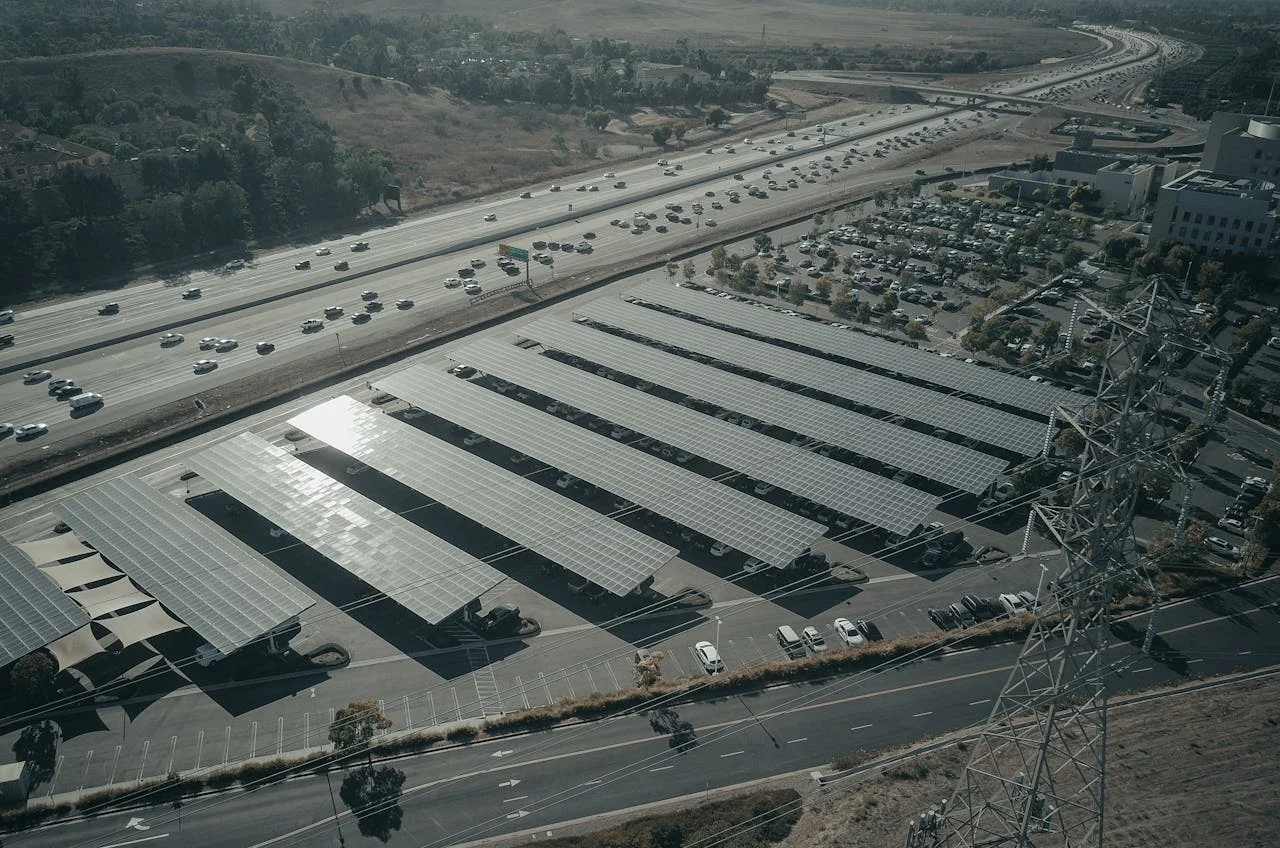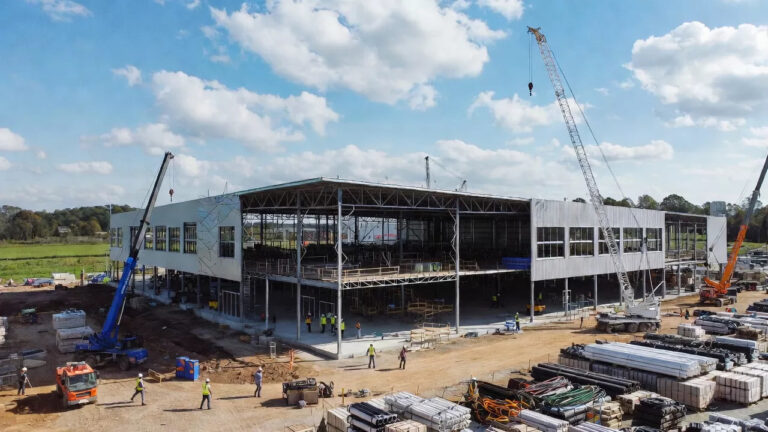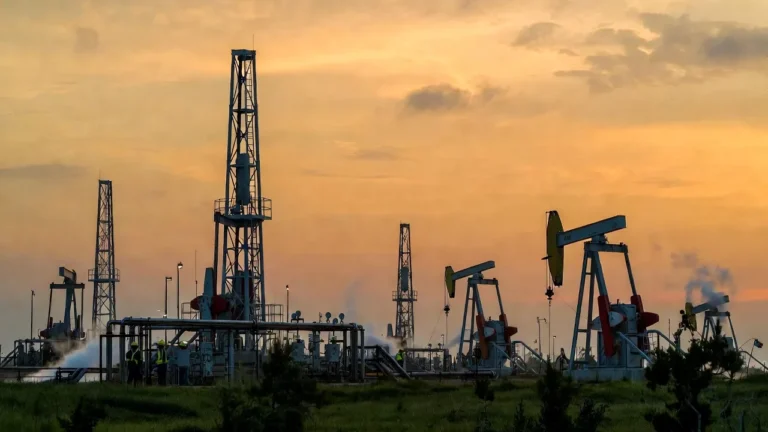
Origami Solar, a producer of patented steel solar module frames, has announced the establishment of a fully American supply chain, partnering with three leading steel fabricators. This initiative aims to mitigate risks associated with trans-Pacific shipping, dependence on foreign suppliers, and the use of less reliable, more carbon-intensive components. The partnerships with Welser Profile in Valley City, Ohio; Priefert in Mt. Pleasant, Texas; and Unimacts in Houston, Texas, will enable Origami to ship steel solar frames to customers by the first quarter of 2025. This domestic supply chain allows frames to reach module manufacturers within one to two days. Steel solar frames offer higher load resistance and 90% less embodied carbon compared to aluminum frames, generating enthusiasm among industry professionals and environmentalists.
“America has one of the world’s strongest steel industries,” said Gregg Patterson, CEO of Origami Solar. “With energy-efficient steel mills and world-class fabricators, we can produce every solar frame America needs. Our new partnerships and domestic supply chain eliminate the risks associated with imported aluminum frames, such as shipping issues, labor strife, geopolitical tensions, tariffs, and the inadequacy of aluminum frames for supporting larger solar panels. The solar industry can now avoid these risks entirely.”
The U.S. aluminum industry faces challenges in reducing solar supply chain risks due to high demand for aluminum in national security applications. In contrast, switching to domestically produced steel frames creates well-paying American jobs and delivers superior products, with rigorous testing showing that steel frames exceed International Electrotechnical Commission (IEC) and Underwriters Laboratories (UL) standards.
Rocky Christenberry, Executive Vice President of Priefert, expressed excitement about the partnership. “Priefert has a long history of creating high-quality steel equipment for American businesses and providing good-paying jobs. This partnership with Origami allows us to expand our investments in the solar industry, keep our Benton, Arkansas facility open, and add up to 70 skilled workers over the next three years. This is American innovation at its finest.”
Matthew Arnold, Founder of Unimacts, highlighted the benefits of a domestic supply chain. “A domestic supply chain for steel solar frames reduces risk for the American solar industry. Our steel frames will never get stuck in customs or wait at ports, allowing module manufacturers to maintain continuous operations. Extensive testing for structural integrity and corrosion resistance ensures reliable frames. We’re ready to produce these frames at scale and help the solar industry reap the benefits.”
Thomas Welser, CEO of Welser Profile, also emphasized the significance of the partnership. “Welser Profile has worked with high-strength steel for over 350 years. Our partnership with Origami involved optimizing their steel frame design for continuous module manufacturing. It’s no surprise that Origami’s frames performed exceptionally well in rigorous testing, and we are eager to support the American solar industry with this high-performance product.”
Origami Solar’s innovative steel solar panel frame leverages a transparent, domestic recycled steel supply base, precise high-speed production, and significantly lower greenhouse gas emissions. By sourcing steel regionally, solar module manufacturers can eliminate supply chain risks, decarbonize their modules, and qualify for domestic content incentives. Origami’s leadership team has extensive experience in developing utility-scale solar projects, commercializing PV components, and scaling renewable energy companies.
Founded in 1964, Priefert is one of the world’s largest livestock equipment manufacturers, now a major fabricator in the solar industry. Unimacts, a Zetwerk Company, is a leading global manufacturer and supply chain solutions company for renewable energy, with extensive capabilities in producing solar components. The new partnerships promise to enhance the domestic production and reliability of solar module frames, supporting the growth of the U.S. solar industry.










